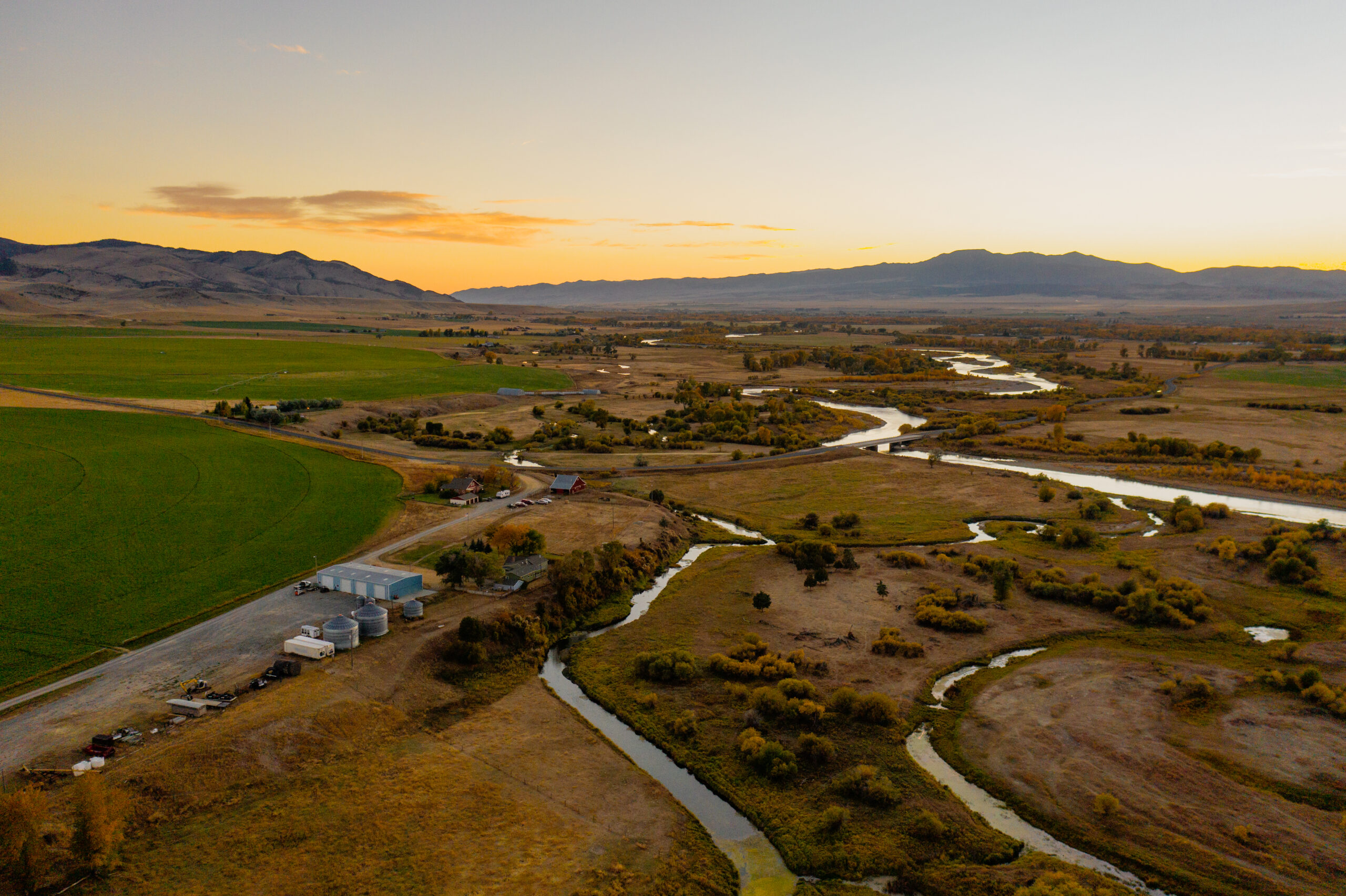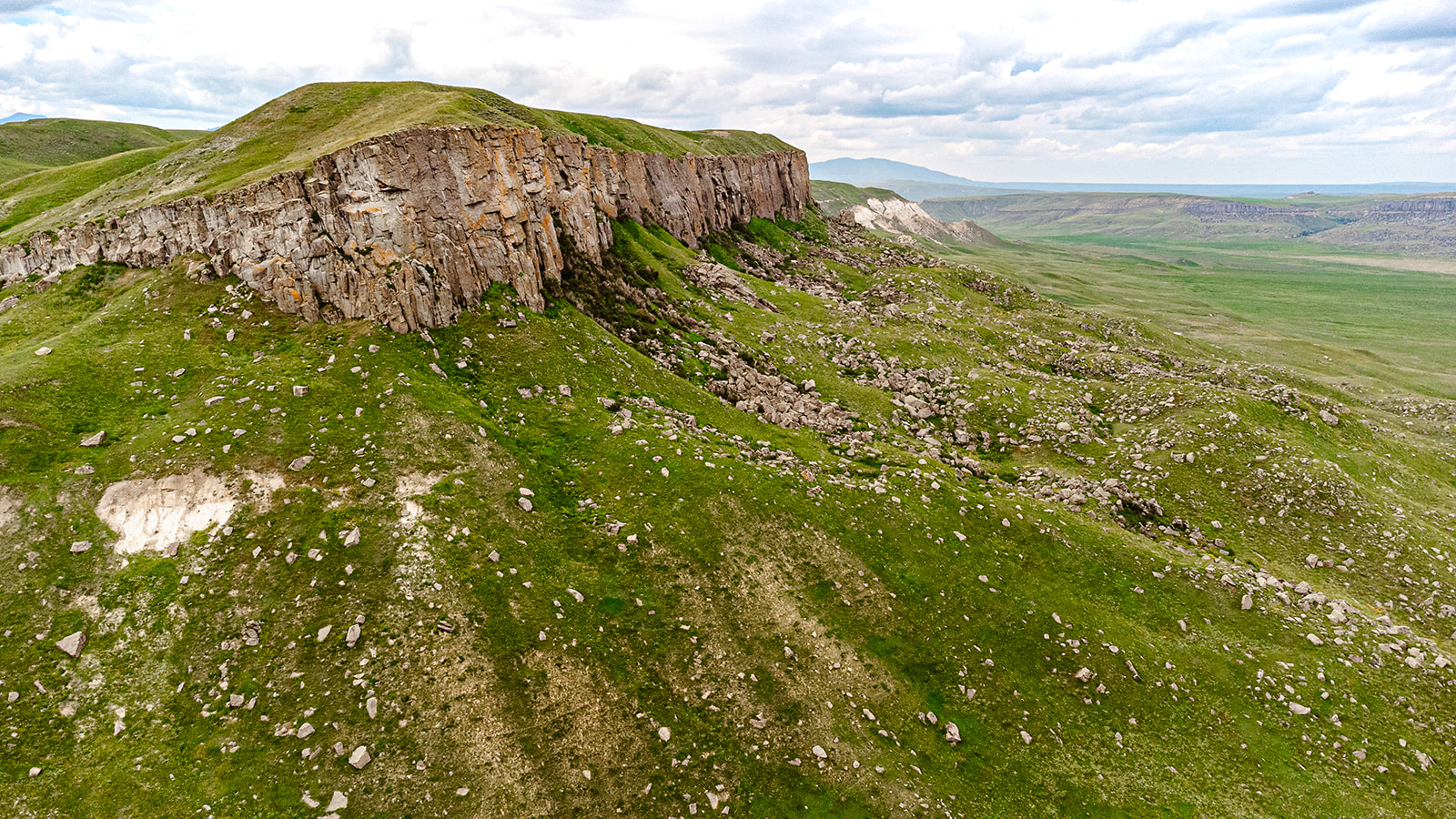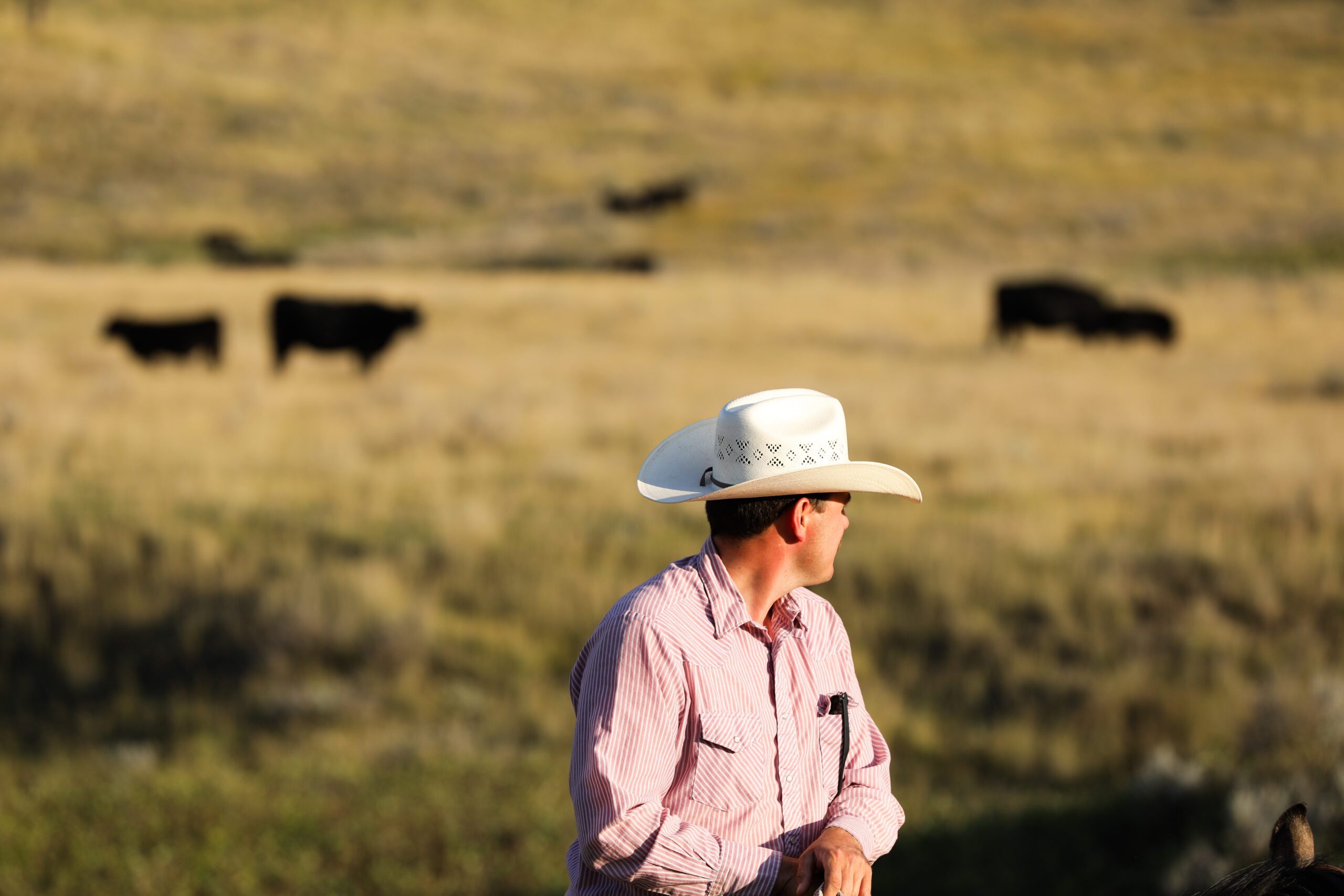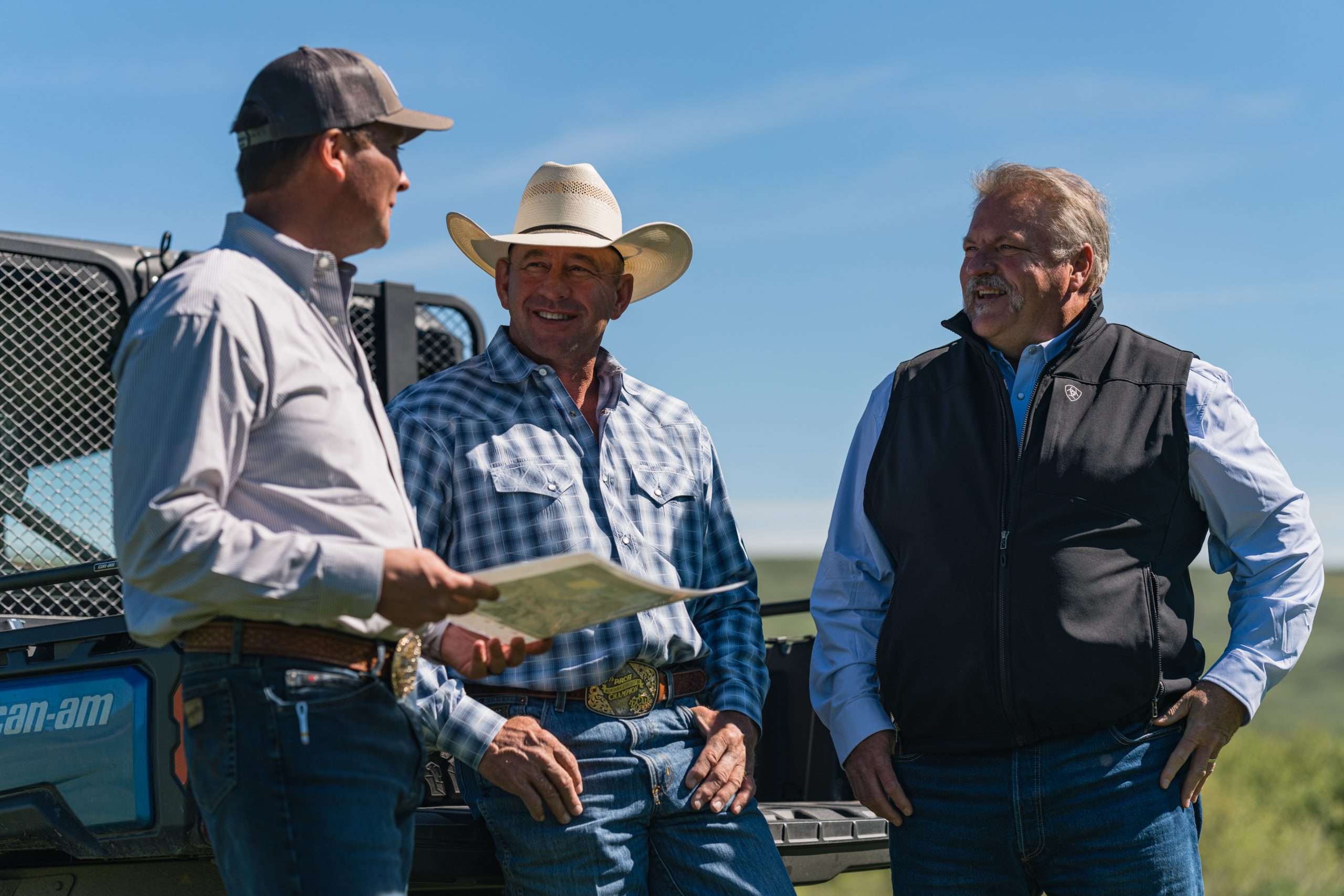Selling Your Montana Ranch: Best Practices
Anyone who owns a Montana ranch knows what a privilege (and sometimes challenge) owning a piece of Big Sky Country can be. Whether you are part of a fourth generation ranch family or are one of Montana’s newest inhabitants, the day may come where you consider selling your ranch—despite your love for your land.
If you’re lucky enough to live in Montana, you’re lucky enough.
 More than just a sizable asset—a Montana ranch is part of a family’s legacy, and selling it can be a complex and emotional process. Setting realistic expectations, preparing for the sales process and working with a trusted advisor can prove helpful in determining if and when you want to pass on your ranch property to someone new. Before you decide to sell your Montana ranch, consider the following best practices.
More than just a sizable asset—a Montana ranch is part of a family’s legacy, and selling it can be a complex and emotional process. Setting realistic expectations, preparing for the sales process and working with a trusted advisor can prove helpful in determining if and when you want to pass on your ranch property to someone new. Before you decide to sell your Montana ranch, consider the following best practices.
Set Goals & Expectations
- Many Montana ranch properties have been held by the same family for generations, adding complex emotions and family dynamics to the sales process. Consider not only the financial implications of selling what is often your largest asset, but the personal impact it may have as well.
- Understanding market conditions and the complex nature of ranch sales, sellers should set expectations that the sales process will take several months or longer. Deciding what time of year to list a ranch is also important—ranches show better in the spring and summer months, plus buyer interest peaks during this time of year as well.
- Have a clear understanding of your post sale goals. Whether that is finding a replacement property or re-investing the sale proceeds, knowing what you want to accomplish with the sale of your ranch can help when determining pricing and timing.
Get Prepared
- Gather information about your ranch
- Legal Information – Who is on the title and are there any special considerations (right of first refusal, easements, etc.)? Be prepared to discuss and provide necessary documentation for all water rights and mineral rights, active leases, and real estate taxes.
- Description of the Property – Be familiar with your property’s acreage and the type(s) of property included in the sale (agricultural, timber, etc.), know property boundaries and share maps and surveys, provide a physical description of the land (terrain, water features, fences), property improvements (homes, outbuildings), and note all public land leases (BLM, USFS, State of MT), conservation easements, geographic points of interest and access to utilities that are pertinent to the sale.
- Operations – If the property is an operational ranch, sellers should provide historical operational information (AUMs, planted crops, hay base, etc.), share current irrigation practices, and detail all equipment, livestock and crop yield that will be included in the sale.
- Recreational Aspects – Highlight any hunting (including which unit), fishing and wildlife resources on the property as well as nearby opportunities for recreation such as outdoor sports, shopping and dining and historical points of interest.
- Determine the value of your ranch
- Work with a well qualified appraiser or ranch broker to determine the value of your property and included assets. Accurate valuations are useful in determining the most appropriate pricing for your ranch—making it more likely that you will find the right buyer, sooner.
- Understand the tax implications of selling your ranch
- Which tax rates apply to the sale of your property based on the type of ownership (individual, company).
- What assets does the property include (homes, livestock, equipment) and how will you distribute the sales value across the assets that are part of the sale (depreciable assets/capital gains).
- Will you use a 1031 exchange to re-invest the proceeds from the sale? Or are there any estate taxes to consider?
Build Your Team
- Selling a ranch requires knowledge and experience in a variety of areas. Work with a team of experts who can advise you on best practices and what is best for you and your goals. Consider consulting with professionals such as appraisers, tax accountants and lawyers who have expertise specific to the ranch market.
- Work with a ranch broker who understands your goals and has experience with sales transactions in your market. Your broker should be an expert in ranch real estate, but also someone you trust. Helping you navigate personal and procedural challenges throughout the sales process, a good broker can make the difference between a successful sale and a failed one.
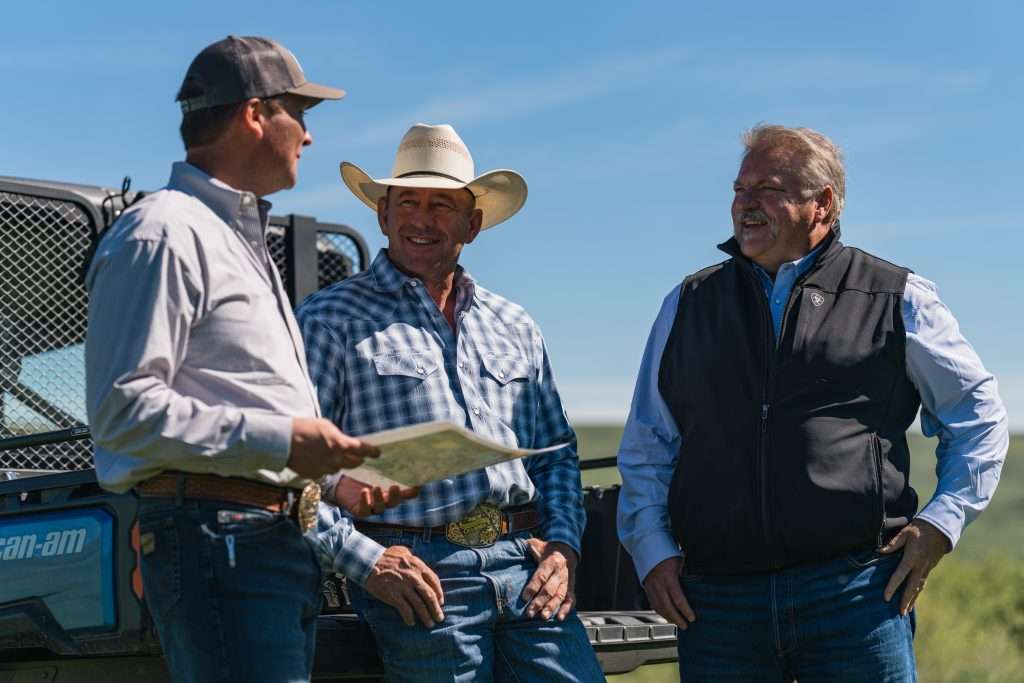
Making the decision to sell your ranch is not always easy, but might be necessary or beneficial. Taking the time to outline your goals, doing your due diligence and assembling a team of trusted advisors will help the sales process run much more smoothly. If you think you are ready to take the next steps to sell your ranch, or have any questions on the process, contact Western Ranch Brokers. We have over 50 years of combined experience in Montana ranch real estate transactions. We build relationships that last long after the transaction is complete and work hard to get the job done.
Find out more about the Western Ranch Brokers team and how we can go to work for you.


